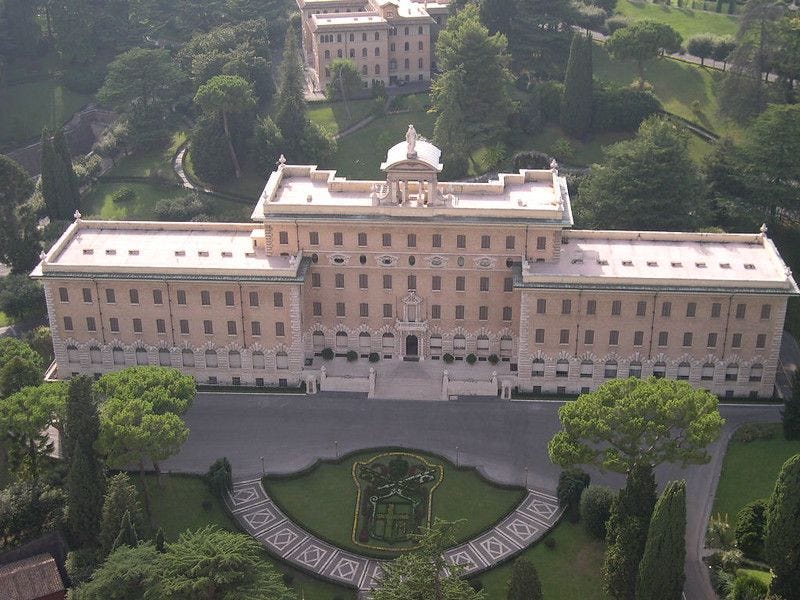
Pope Francis issued an apostolic letter on Tuesday clarifying that certain funds, foundations, and entities within the Roman Curia are subject to oversight by the Vatican’s financial departments.
The document, issued motu proprio (on the pope’s own impulse) on Dec. 6, was released in the wake of the new Vatican constitution Praedicate evangelium, which o…
